One of the things I worried about when starting a whole food plant-based diet is how I would feel at the gym. I am a fitness instructor, and gym enthusiast in general, and am highly engaged in cardio classes. If you teach them, you know that not only do you have to exceed the energy of the students to pull the most out of them… you have to talk and yell the entire hour too (while not getting out of breath)! That takes a lot of stamina.
Vegans lack energy?
While initially a change on my body, I soon discovered I had more energy on a whole foods diet. I eventually craved processed foods less, and found that I became hungry less while feeling more energetic in general. My stamina improved on much less “fuel”. My body took much less time to recover, due to reduced inflammation. I actually fought off (most) colds, as opposed to catching every single one of them. Knock on wood eventually I won’t catch any.
If you are a very active person, you do not worry about your energy levels. Make sure that you listen to your body, eat a variety of healthy whole foods (vegetables, legumes, whole grains, fruits), and play it safe during any early detox phase (especially if you are juicing). Enjoy faster muscle recovery and fewer aches and pains.
Not lacking muscle: strength building and endurance athletes on plants
While I do some resistance training, I am not a body builder by a long shot (perhaps the longest shot). That said, there are many well known body builders who are fully plant-based vegans. Here are their stories and evidence:
- Supplement-free body builder Torre Washington: Website | Interview
- Robert Cheeke – supplement free whole food vegan bodybuilding
- What vegan athletes at RIO eat
And also read more about building muscle nutritionally at the Center for Nutrition Studies.
Regarding plant-based endurance, read about this barefoot walk across the USA on a plant-based diet: Barefoot Across America.
Science of nutrients and energy
Your body is often starved for nutrition, which makes you feel hungry and/or tired. On a whole food plant-based diet, your body is receiving foods that are some of the highest in nutritional value. If you’re adding some juicing to your regimen (such as green juice), then you are receiving concentrated forms of nutrition. This provides energy and helps you feel less hungry because your body is receiving the nutrients it requires.
Here are some further resources:
Can a bit of meat or animal protein make a difference?
Yes, but not necessarily in a good way. For me, there’s no “part way” that seems too healthful, so having that one cheat meal per week or “well I still eat eggs” doesn’t meet what I’m looking for. Is a whole foods diet with or without animal protein make a difference?
Here are a few studies mentioned by Dr. Michael Greger about how eating just a little meat can have a negative affect on health.
The fact is you can get every nutrient and component for health that you need from a plant based diet (plus B12 supplementation): protein, amino acids, vitamins.
While there are always studies that will that will tell you whatever you want to believe, it’s best to look at the source of the study and who sponsored it. Always make a decision that sits best with you.
Last updated: October 21, 2016. Originally published: October 21, 2016.
Image: Public domain. Source.
- Pad Thai Protein Salad recipe from The Plant-Based Cookbook + Book Review and Giveaway! - December 9, 2020
- Lemon ginger bowl sauce with miso recipe (Oil free, no added sodium) - November 30, 2020
- New vegan bacon at Whole Foods Market – 300 store roll-out - November 15, 2020


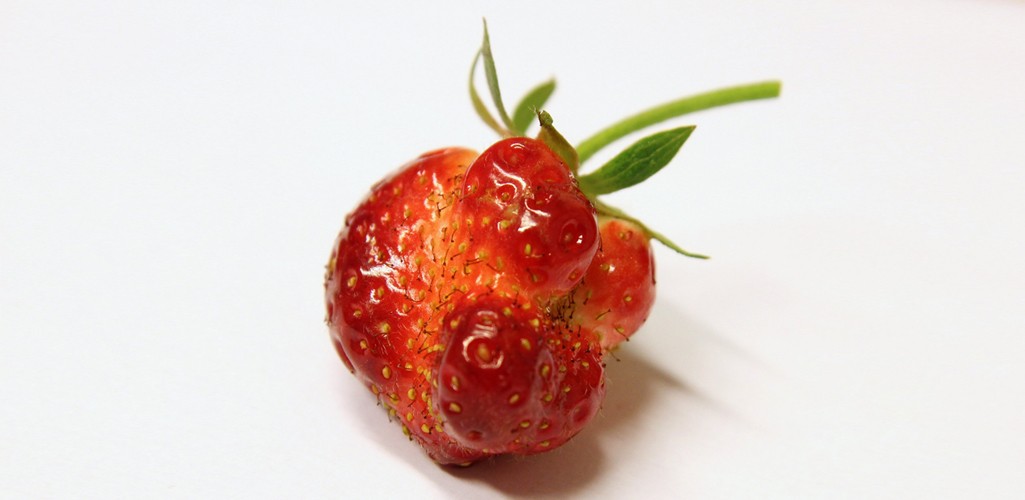
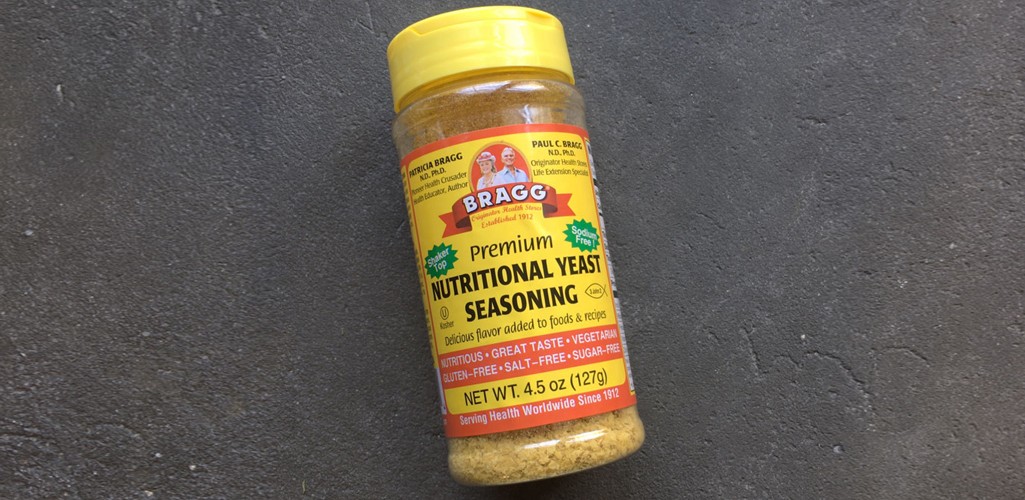
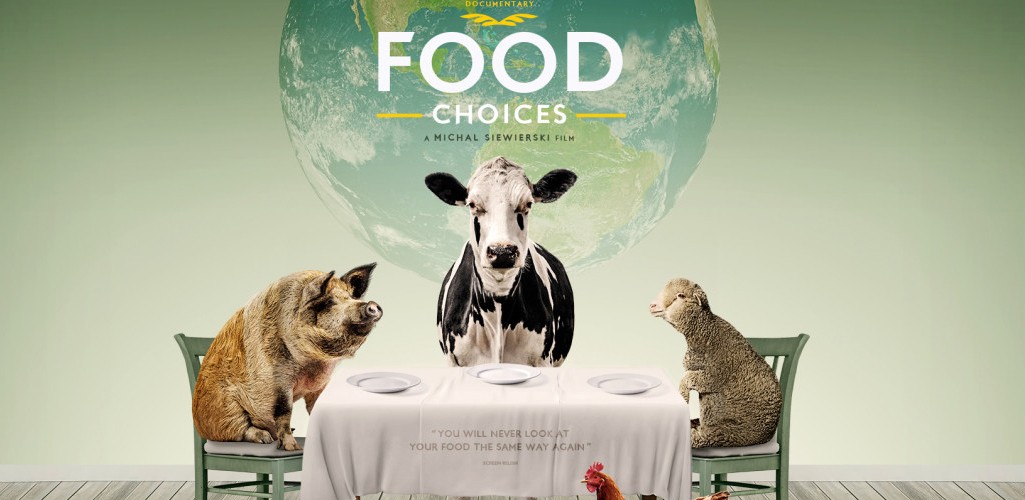

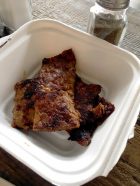
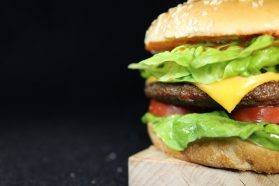
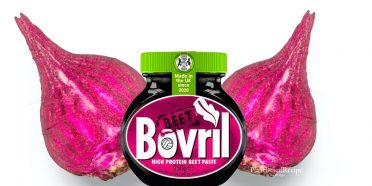


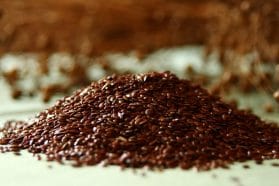
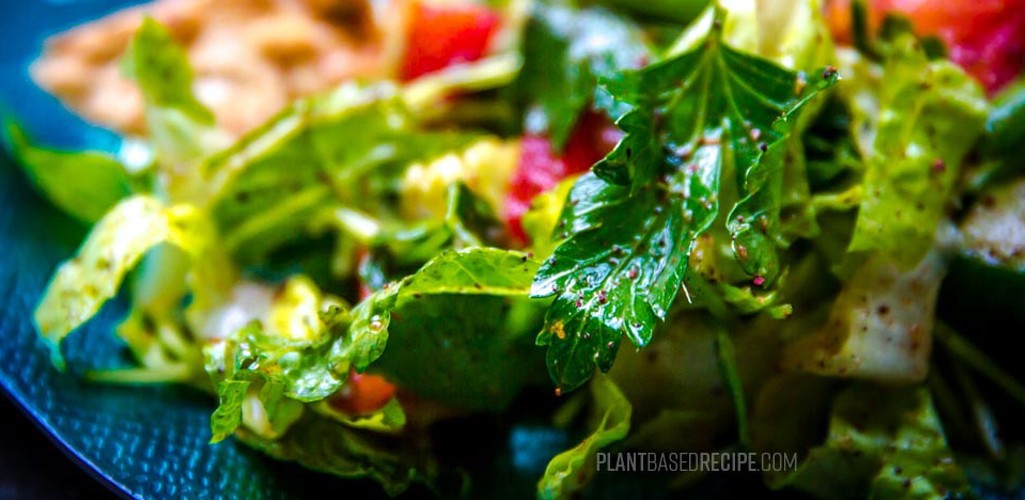

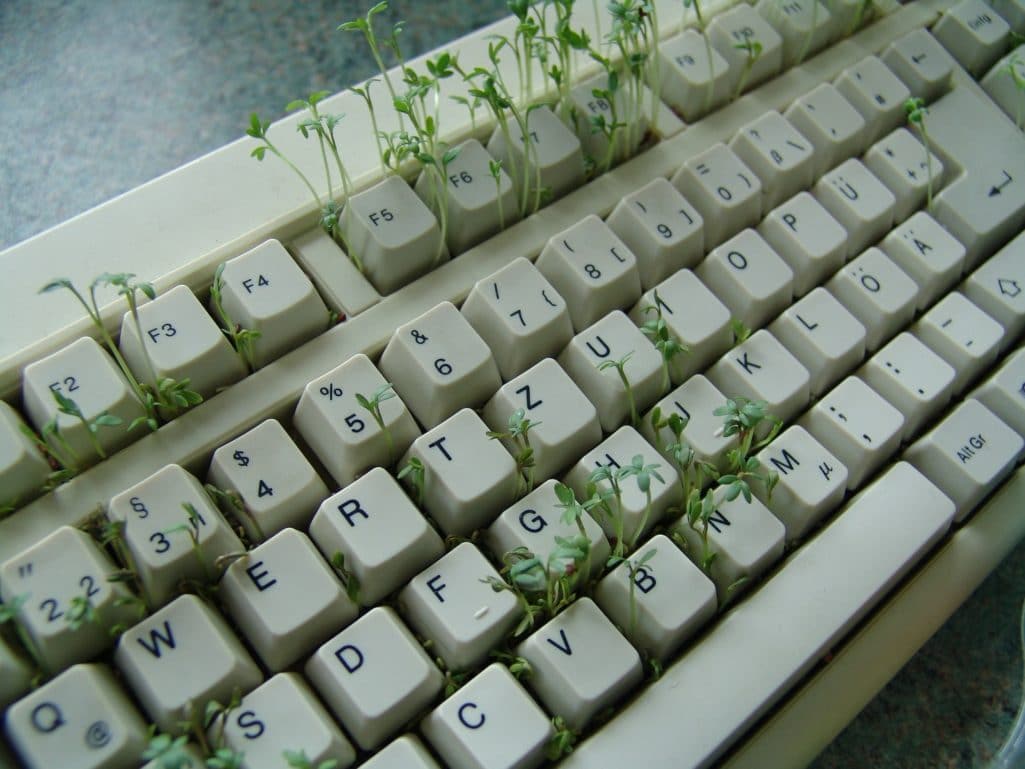
Leave a Reply